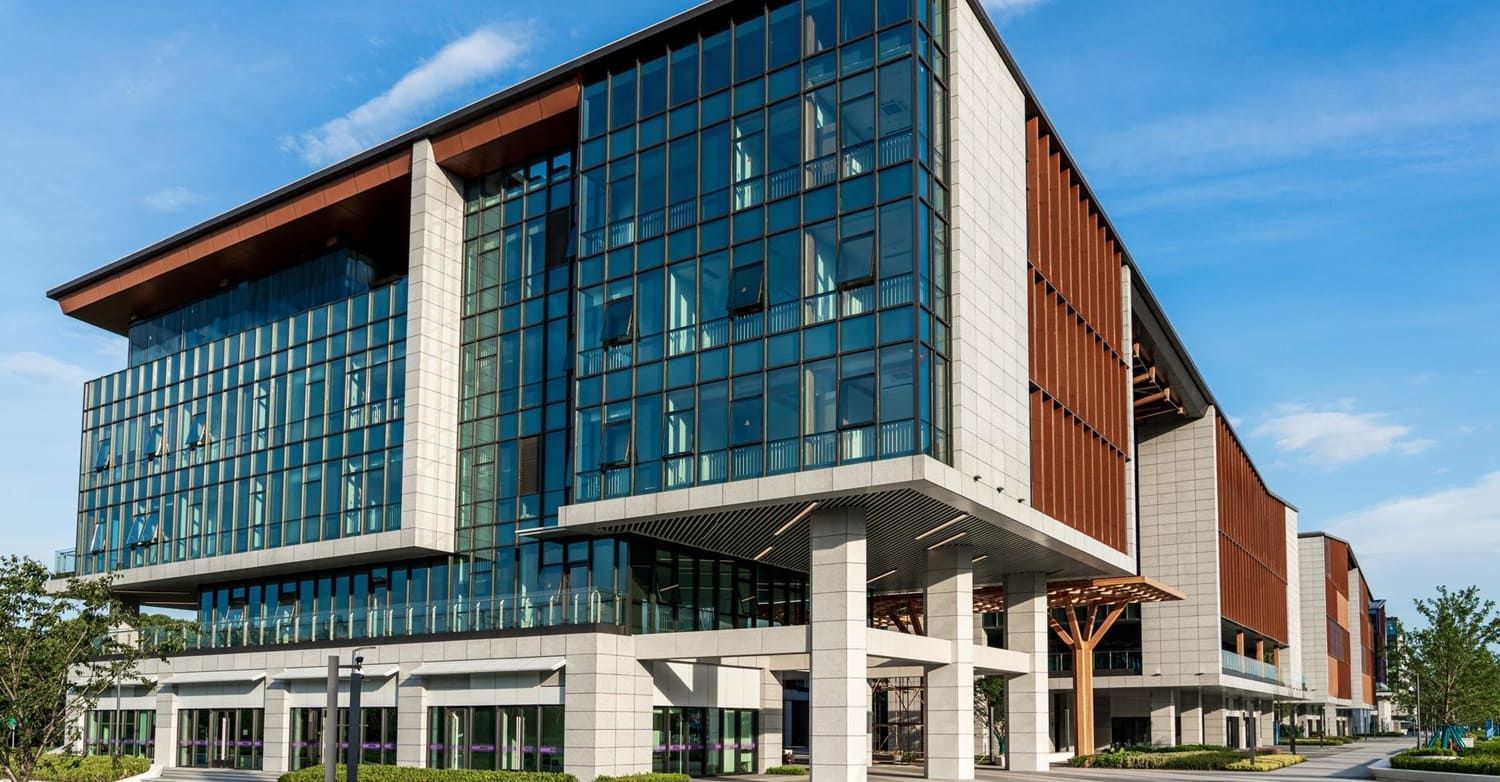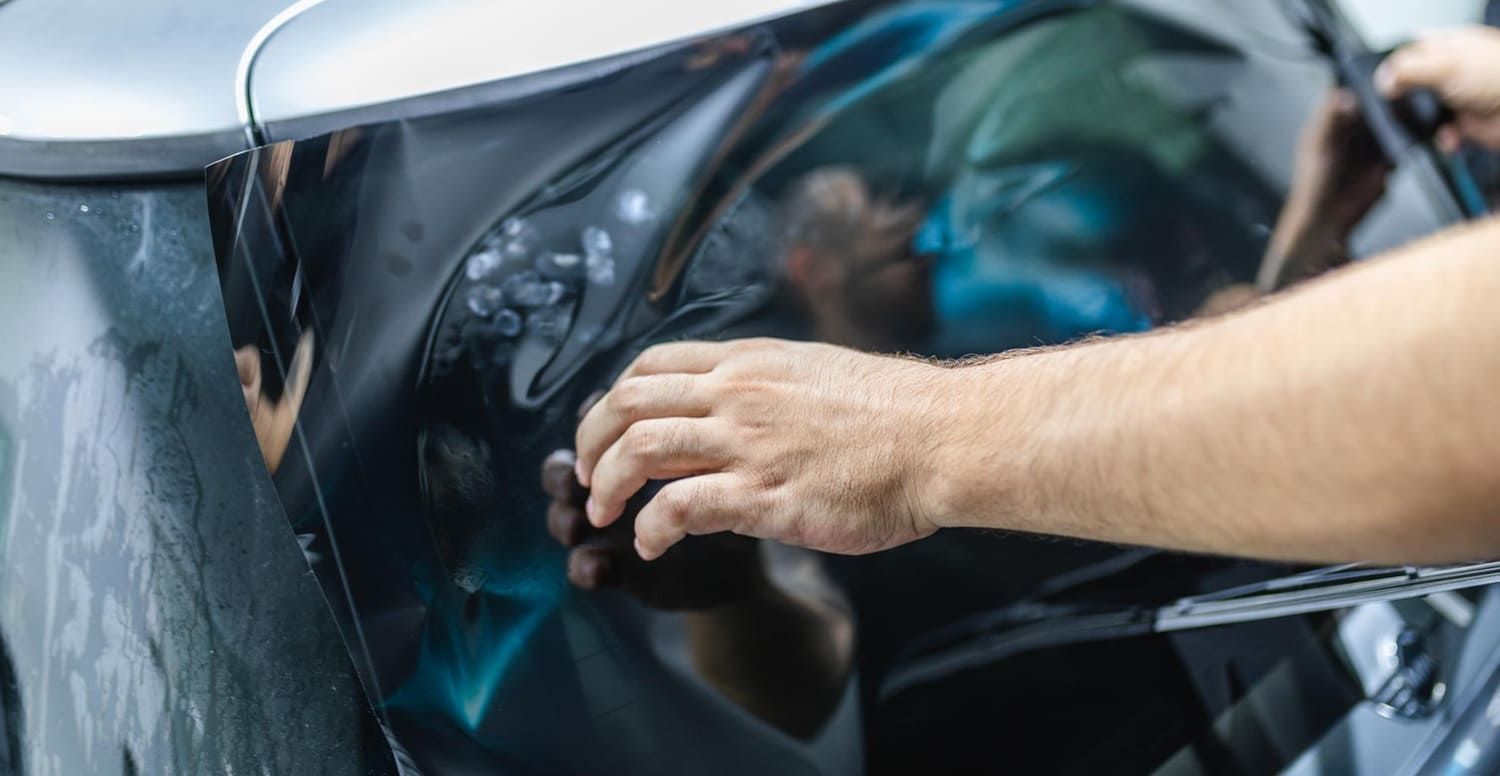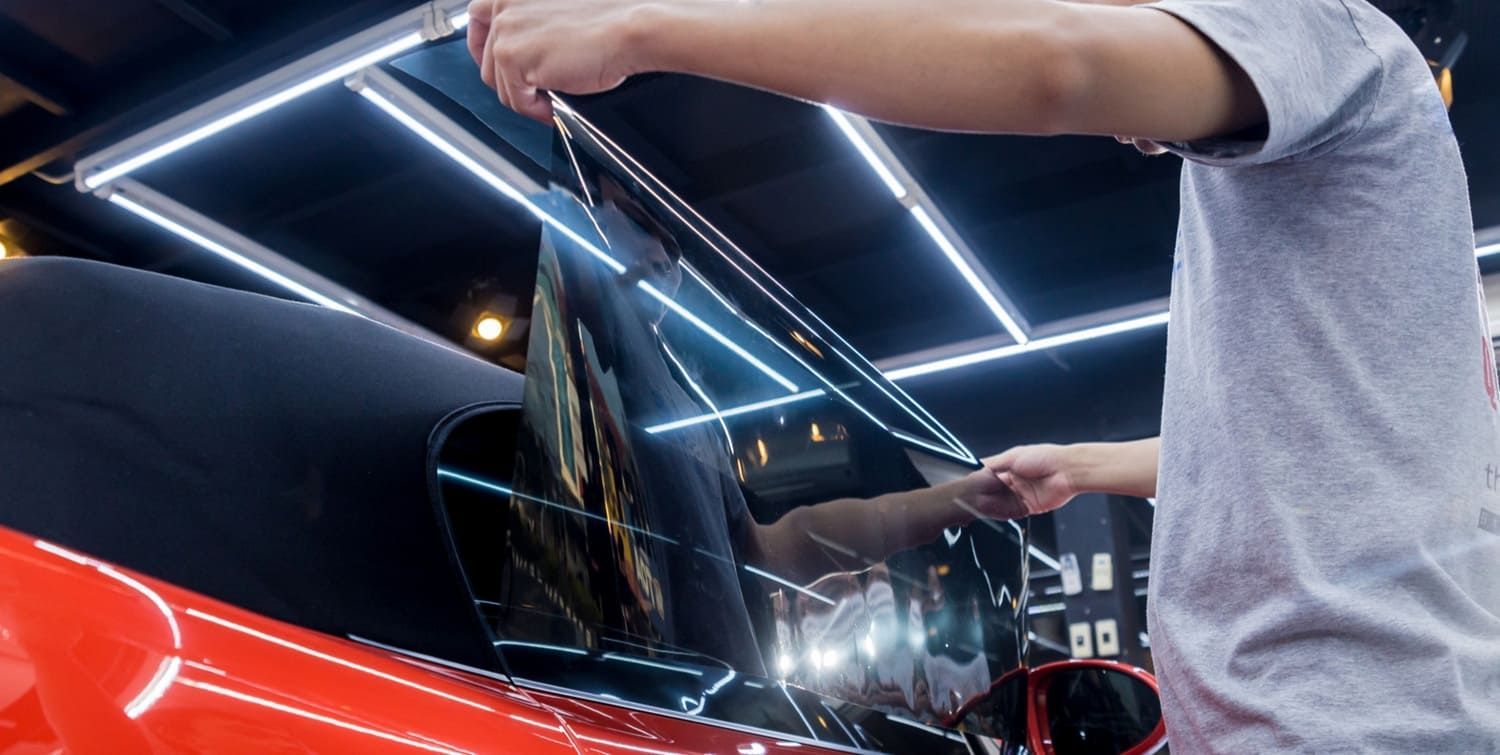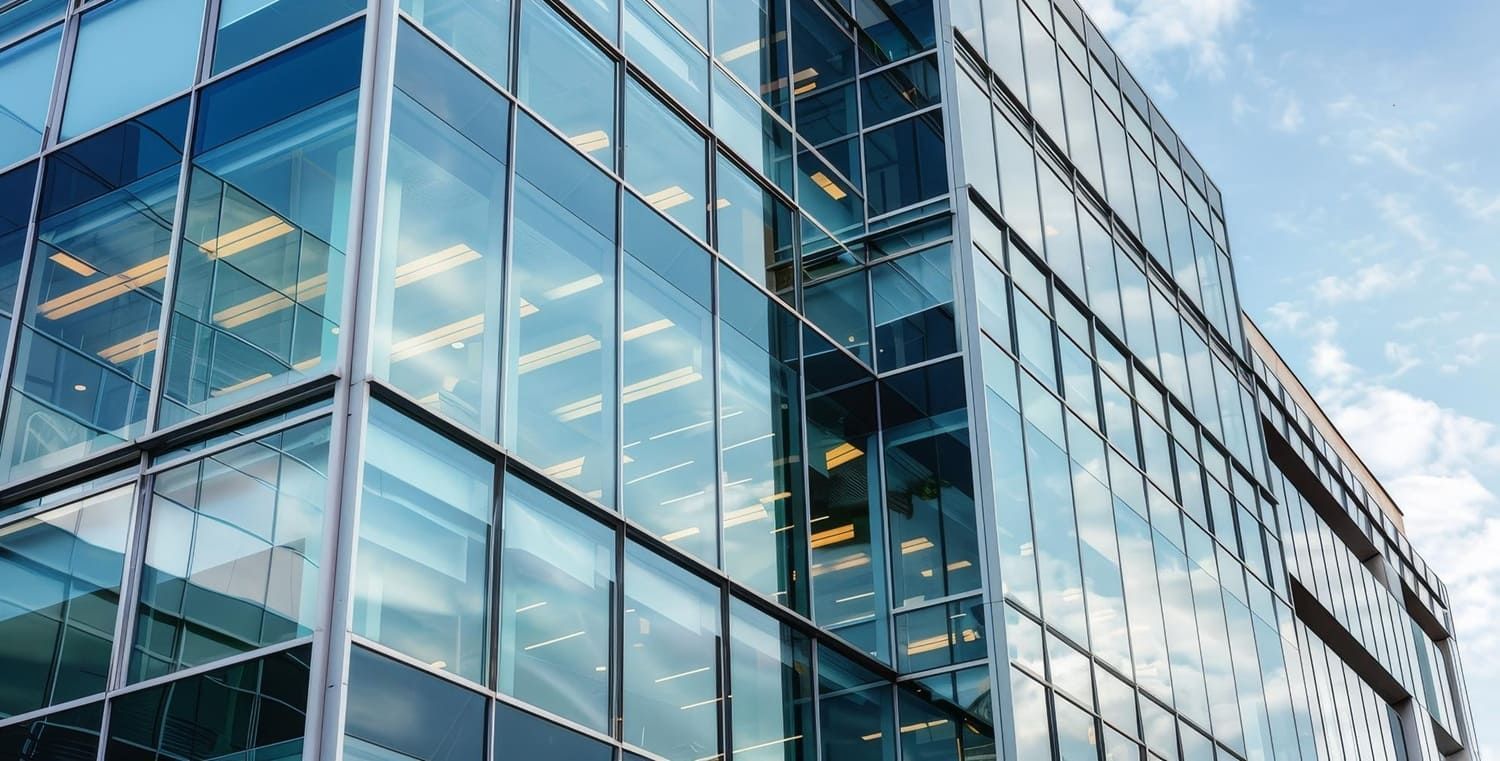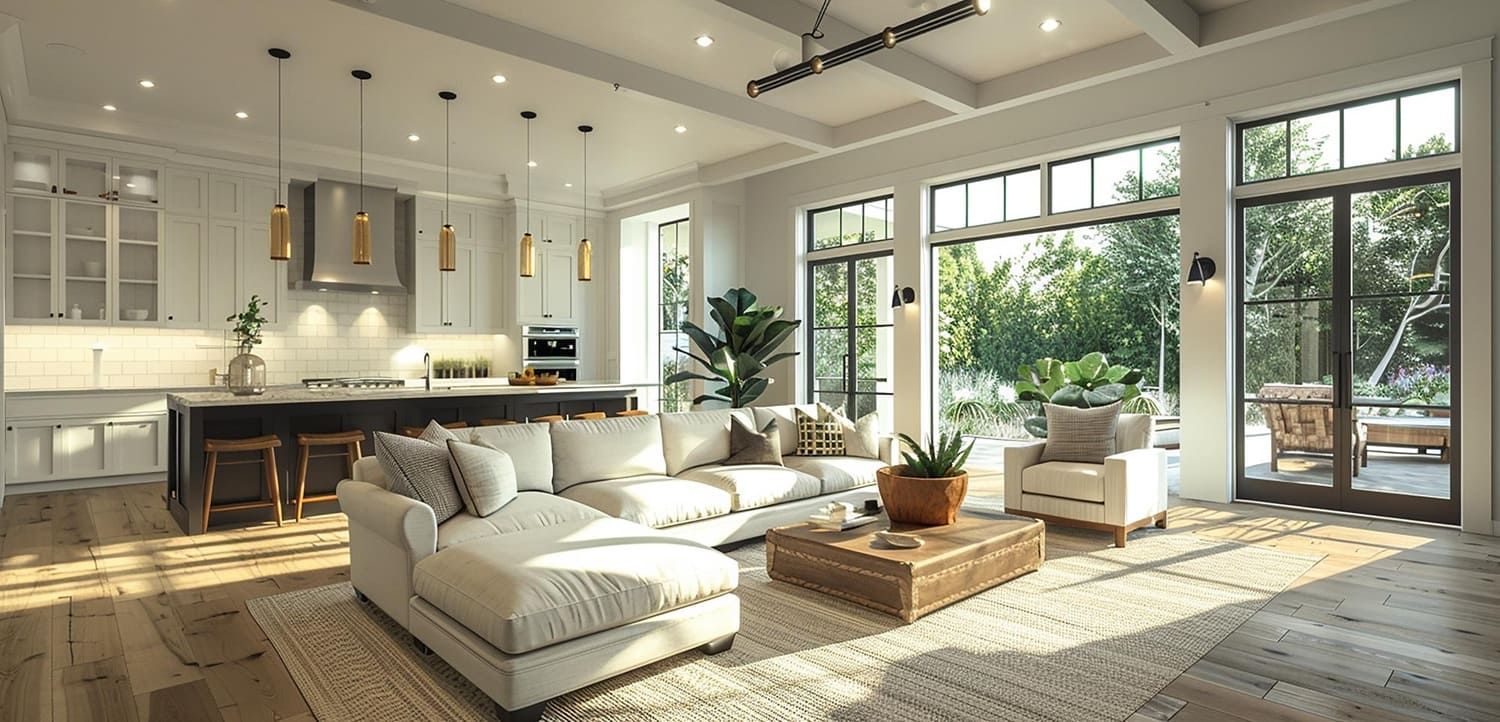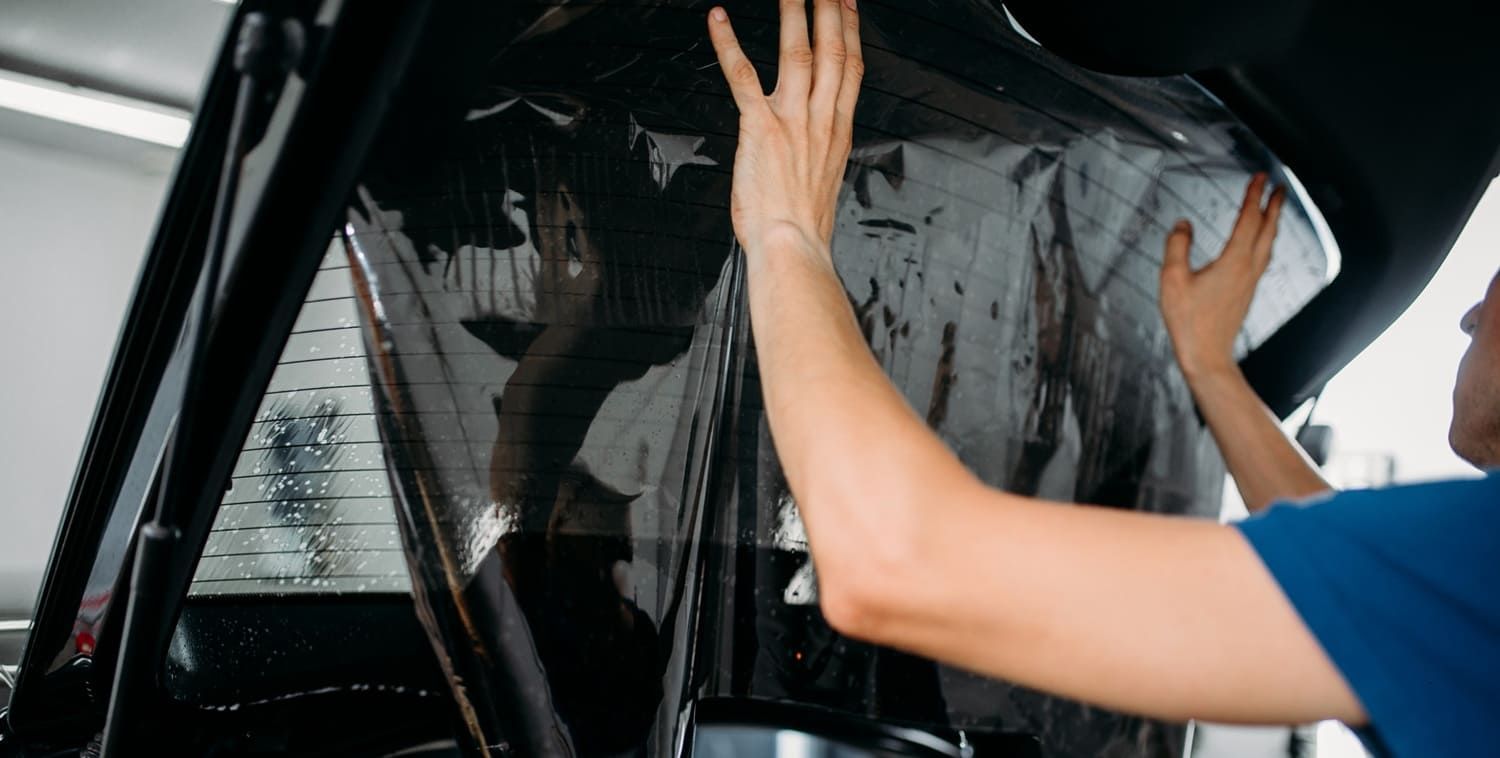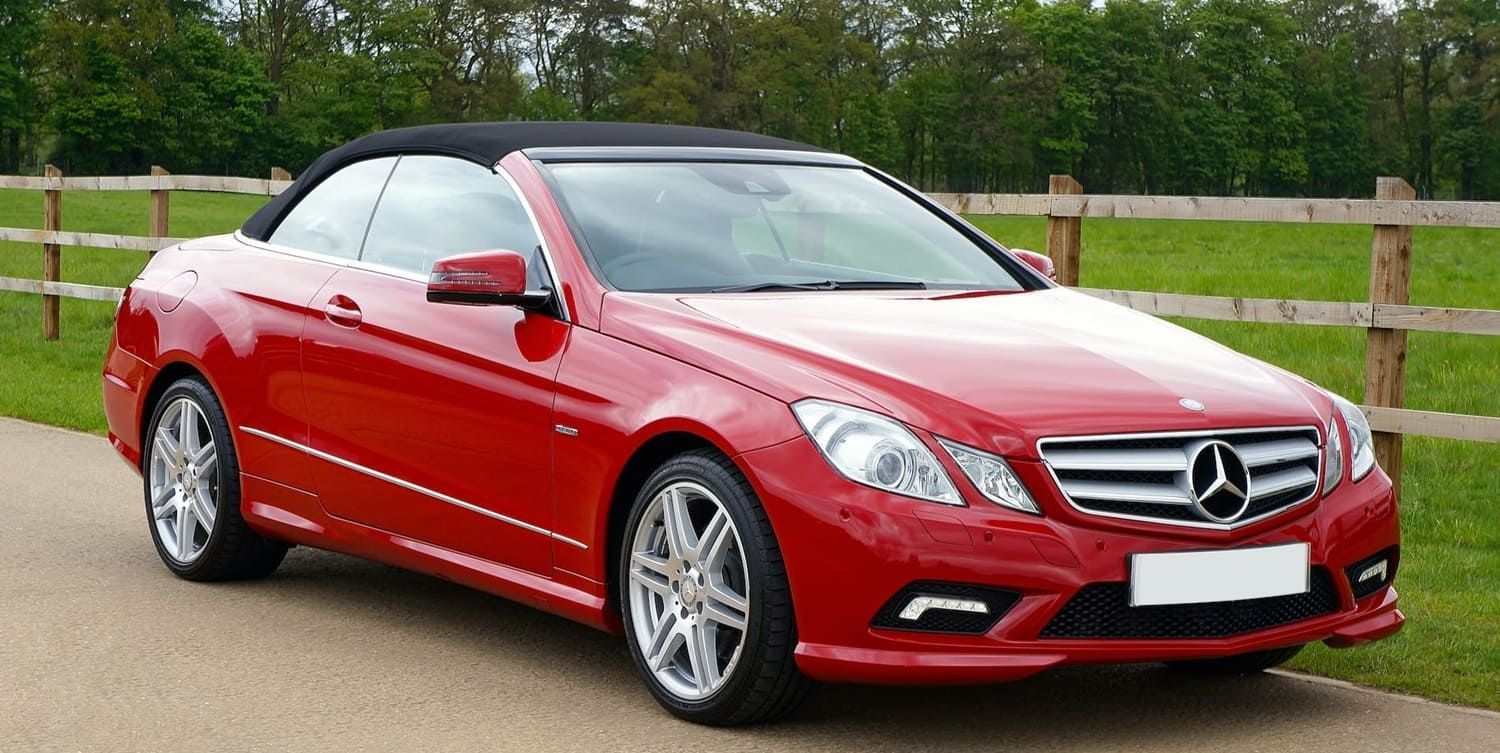Can Window Tint Improve Home Security?
Window tinting is often associated with cars, but it can also enhance home security. Many homeowners are unaware of the security benefits that window tint can offer.
Window tint home security solutions are gaining popularity for their ability to deter intruders. They make it difficult for outsiders to see inside, adding a layer of privacy.
Security window film is a specialized type of tint designed to hold glass together upon impact. This feature can prevent easy break-ins and protect against accidents.
Beyond security, home window tint offers additional benefits like UV protection and energy efficiency. It can reduce heat gain in summer and heat loss in winter.
Choosing the right window tint involves considering factors like film thickness and installation method. Professional installation ensures optimal performance and longevity.
In this article, we explore how window tint can improve home security and its other advantages.
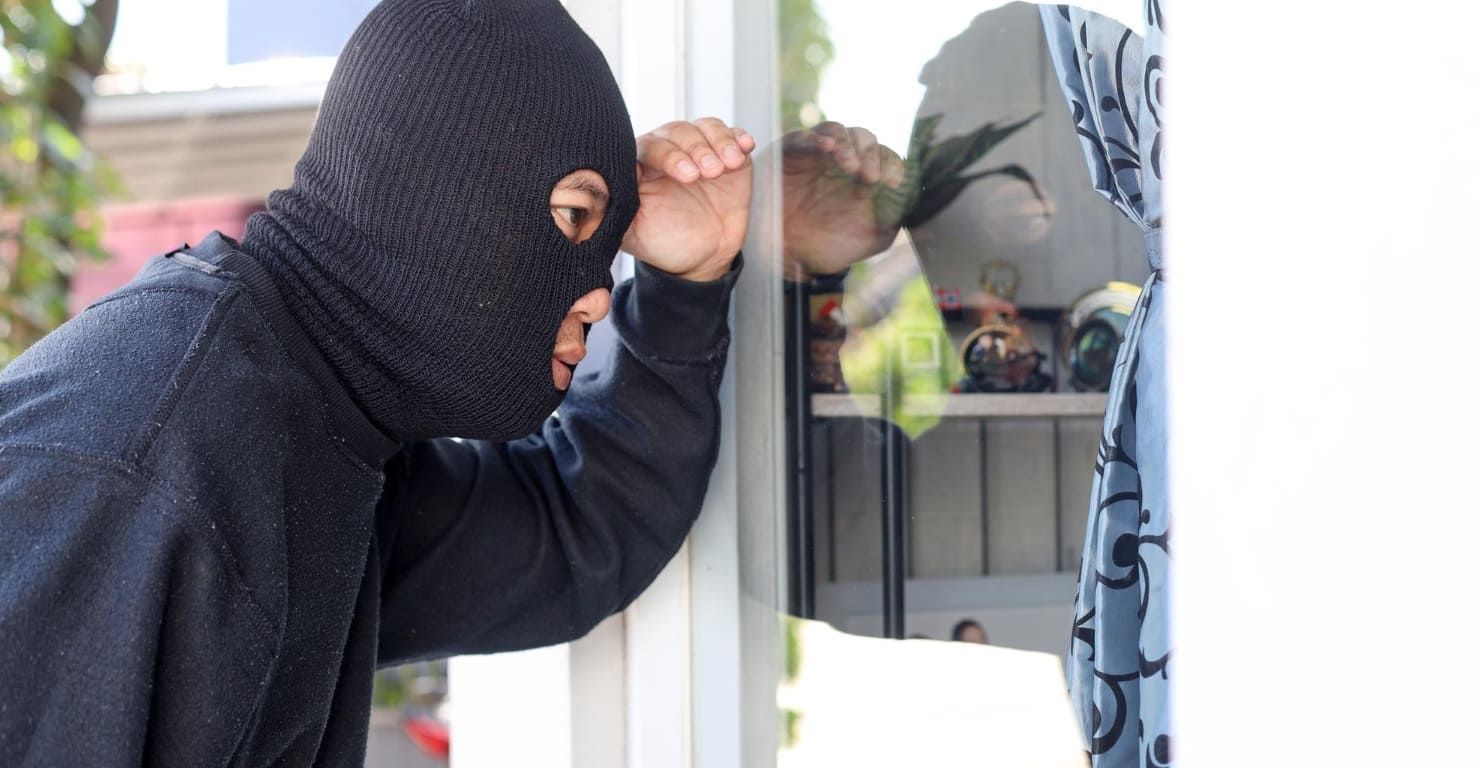
Understanding Window Tint and Security Window Film
Window tint consists of thin layers applied to glass surfaces. These films serve various purposes, enhancing both functionality and aesthetics in homes.
Security window film offers an extra layer of strength to standard glass. It is engineered to hold shattered glass together, making it a practical security solution.
Different types of window tints are available, each catering to specific needs. Some are designed to enhance privacy, while others focus on energy efficiency or UV protection.
Key features to look out for in window tint include:
- Thickness of the film
- Type of adhesive used
- Clarity and color options
- UV and infrared radiation protection
- Durability and warranty offered
Security window film is particularly robust, made to resist forceful impacts. This makes it an effective tool against break-ins and natural calamities.
It's important to select the right type of tint or film according to your home's specific requirements. This selection ensures the best protection and added benefits tailored to your lifestyle and environment.
How Window Tint Enhances Home Security
Window tints add a significant layer of protection to your home. Thicker films, in particular, can withstand impacts better than ordinary glass alone.
Security window films hold shattered glass in place. This feature is crucial during break-ins or when debris hits windows during storms.
By preventing easy access, window tint acts as a deterrent to intruders. A thief may decide it's not worth the effort to break through.
Moreover, window tints obscure the view into your home. This privacy measure can stop would-be criminals from spotting potential targets inside.
Window tints also reinforce the structural integrity of the glass. This reinforcement helps in resisting accidental impacts and vandalism.
Here is how window tint boosts security:
- Holds shattered glass together
- Deters intruders with difficult accessibility
- Obscures visibility for increased privacy
- Reinforces the window's strength
- Resists weather impacts such as strong winds
- Protects against potential vandalism and quick attacks
Using security window film in combination with other deterrents can form a comprehensive home protection strategy. This combined approach ensures maximized safety and peace of mind for homeowners.
Types of Security Window Film for Homes
Homeowners can choose from a variety of security window films. Each type caters to specific needs and preferences.
Some films are designed for maximum clarity. These options maintain the natural look of glass while providing security benefits.
Others offer a tinted appearance. Tinted films not only enhance security but also reduce glare and solar heat gain.
There are also shatter-resistant films. These are thicker and specifically formulated to handle high-impact stresses.
Here are common types of security window films:
- Clear Security Film: Maintains visibility while adding protection.
- Tinted Security Film: Provides both privacy and UV protection.
- Reflective Film: Offers enhanced privacy by reflecting external views.
- Shatter-Resistant Film: Prevents dangerous shards from scattering.
Selecting the right type depends on your security needs and aesthetic preference. Some may prioritize privacy, while others focus on impact resistance.
By assessing various types, homeowners can make informed decisions. Choosing the best film ensures that your windows meet your security goals without compromising on style.
Additional Benefits of Home Window Tint
Besides enhancing home security, window tinting offers several additional benefits. These benefits can improve both comfort and efficiency within your home.
Firstly, window tint can significantly improve energy efficiency. By reducing heat gain in the summer and heat loss in the winter, it helps maintain a stable indoor temperature. This can lead to lower energy bills, reducing the need for air conditioning or heating.
Moreover, window tint provides protection against harmful UV rays. This protection reduces fading in interior furnishings, keeping your decor vibrant for longer. It also safeguards your skin from UV damage, lowering health risks.
Another benefit is the increase in privacy. Privacy films allow homeowners to enjoy natural light without compromising on privacy. They make it difficult for outsiders to look inside, enhancing both security and comfort.
Here are some key additional benefits:
- Energy savings
- UV protection
- Increased privacy
- Comfortable ambiance
Overall, installing home window tint delivers a host of advantages. By integrating these benefits, homeowners enjoy a more secure, efficient, and comfortable living space.
Comparing Security Window Film to Other Security Measures
Security window film offers a unique form of protection that differs from traditional security measures. While alarms and cameras focus on monitoring and alerting homeowners, window film provides a physical barrier.
Unlike alarms, security window films can prevent break-ins by holding shattered glass together. They delay entry attempts, giving more response time during potential incidents.
Compared to security bars, window film maintains a home's aesthetic. It offers protection without obstructing views or altering the building's appearance. This makes it appealing for homeowners concerned with both security and curb appeal.
Here's how security window film compares to other security measures:
- Alarm systems: Alerts homeowners, but doesn't prevent entry.
- Security bars: Physical barrier, but can affect home aesthetics.
- Cameras: Monitor and record activities, but don't physically stop burglars.
Considering these factors, security window films provide a discreet yet effective security enhancement. They work best when combined with other measures for comprehensive protection, ensuring peace of mind.
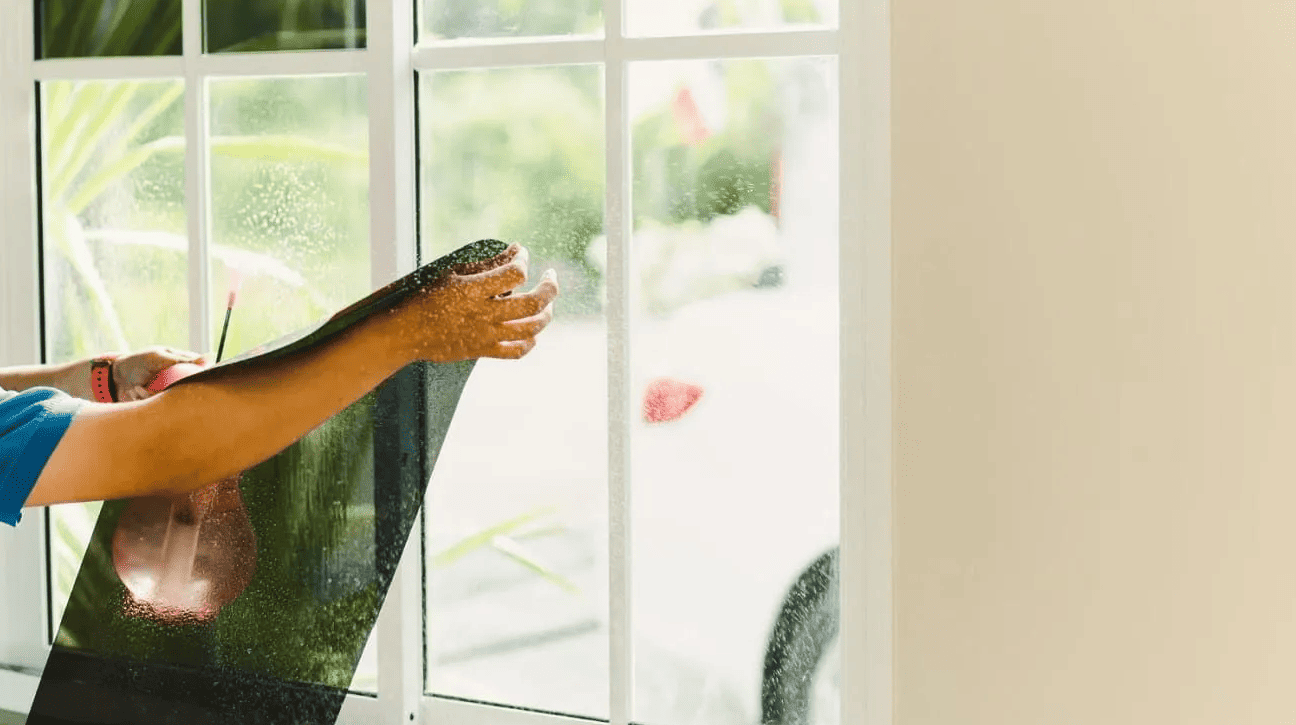
Factors to Consider When Choosing Window Tint for Security
Choosing the right window tint for security involves several important factors. Understanding these can help you make an informed decision that best suits your needs.
Firstly, consider the thickness of the security window film. Thicker films usually offer more protection against breakage. They can better hold glass together in case of impact, enhancing overall security.
Another factor to consider is the level of tint. The degree of tinting affects both privacy and energy efficiency. Darker tints provide better privacy but might limit natural light entry, while lighter tints allow more visibility.
Evaluate the installation method too. Professional installation often ensures optimal adhesion and durability. However, if you're inclined, a DIY approach is possible for those with the time and patience.
Consider the following when selecting your window tint:
- Thickness: More thickness equals more protection.
- Tint level: Balances privacy and light.
- Installation method: DIY or professional.
These considerations will guide you towards selecting an effective security solution tailored to your home.
Professional vs. DIY Installation: What Homeowners Should Know
When deciding on window tint installation, homeowners face two main options: professional or DIY. Each method has unique advantages that depend on your skill and budget.
Professional installation ensures quality results. Experts have the skills and tools to apply the film smoothly and ensure it lasts. This approach minimizes mistakes that can lead to costly fixes later.
On the other hand, a DIY installation can be satisfying and cost-effective if done correctly. It allows you to work at your own pace and gain skills along the way. However, it requires patience, careful measurement, and precise application.
Consider these factors when choosing:
- Cost: Professional services can be expensive. DIY saves money.
- Skill level: Pros offer expertise. DIY requires effort and patience.
- Time: Professional work is faster. DIY needs personal time investment.
Deciding between these depends on your priorities and personal comfort with DIY tasks.
Frequently Asked Questions About Window Tint Home Security
Many homeowners have questions about window tinting and its security benefits. Below are common inquiries and concise answers.
Can window tint really prevent break-ins?
Window tint makes it harder for intruders to break glass. The tint holds shattered glass together, slowing entry.
Does window film protect against UV rays?
Yes, most window films provide excellent UV protection. This reduces fading of interiors and helps protect skin.
How long do window tints last?
High-quality window films can last several years. Proper care and good installation extend their lifespan.
Will the tint affect natural light in my home?
Tinted films come in various shades. They can reduce glare while still allowing plenty of natural light.
Is window tint energy efficient?
Yes, window tint improves insulation. It minimizes heat transfer, reducing both cooling and heating needs.
Here’s a quick recap of benefits:
- Security: Increased resistance to break-ins.
- UV Protection: Guards against harmful rays.
- Longevity: Durable and long-lasting.
- Light Management: Reduced glare with natural light.
- Energy Efficiency: Lowers energy bills.
These answers address common concerns, helping you decide if window tint suits your home security needs.
Conclusion: Is Window Tint Right for Your Home Security?
Window tinting can be a powerful tool for enhancing home security. It offers more than just protection from intruders. By making your windows more resistant to breaking, you gain valuable time in a potential break-in. The application of security window film acts as a first line of defense.
Beyond security, the benefits extend to energy efficiency and aesthetic appeal. Homeowners may notice lower energy bills due to improved insulation. The sleek look of tinted windows also enhances the visual appeal of your home. This can be an added advantage when considering resale value.
Deciding whether window tint is right for you depends on your specific needs. Consider your location, the typical weather conditions, and your security priorities. Professional consultation can provide additional insights. For the best results, trust Applied Film Technology, a Trusted LLumar Vista Dealer and premier window film installer near you serving Virginia Beach, Norfolk, Chesapeake, Hampton, Newport News, Suffolk, Poquoson, Portsmouth, Williamsburg, Smithfield, and the surrounding Virginia Areas, offering free estimates to help you choose the perfect film for your home’s safety, efficiency, and style.
FAQs About How Window Tint Can Improve Home Security
Can window tint really make my home more secure?
Yes. Certain security window films can strengthen glass, hold shattered pieces together, and make break-ins more difficult, enhancing your home’s security.
How does security window film work?
It bonds to the glass, creating a protective layer that makes it harder for intruders to break through, even if the glass cracks.
Is security film the same as regular window tint?
No. Standard tint focuses on heat, glare, and UV reduction, while security film is thicker and impact-resistant, designed to resist forced entry and accidental damage.
Can security tint prevent break-ins completely?
Not entirely, but it can delay intruders long enough for you to respond or for an alarm system to activate—often deterring the attempt altogether.
Does security film protect against natural disasters?
Yes. It can help hold glass together during storms, earthquakes, or high winds, reducing the risk of dangerous glass shards.
Will security window tint make my windows look dark?
Not necessarily. Security films come in clear, tinted, or reflective options, so you can choose the style that best suits your home.
Can I combine security film with solar or privacy tint?
Yes. Many products offer both security and energy-saving features, providing heat reduction, UV protection, and reinforced glass in one.
Does security tint protect against UV rays?
Yes. Most security films also block 99% of harmful UV rays, protecting furniture, flooring, and skin from sun damage.
How thick is security window film?
It’s typically 4–15 mils thick, compared to 1–2 mils for standard tint, offering greater impact resistance.
Is security window film visible from the outside?
Clear security film is nearly invisible, but tinted and reflective options can also provide daytime privacy.
Does it make my home more private?
Tinted or reflective security films can make it harder to see inside during the day, enhancing privacy without heavy curtains.
Is security film a cheaper alternative to replacing windows?
Yes. It’s far more affordable than installing impact-resistant glass while still improving safety and security.
Will security tint affect emergency exits?
No. It does not prevent you from opening or breaking glass in emergencies—it just makes it harder for intruders to break in.
How long does security window film last?
With professional installation, it can last 10–20 years or more while maintaining its protective properties.
Can it be installed on all types of glass?
Security film works on most single-pane, double-pane, and tempered glass, but a professional should check compatibility.
Does it help with soundproofing?
While not designed for it, security film can slightly reduce outside noise due to its added thickness.
Is professional installation necessary for security film?
Yes. Proper installation ensures full adhesion and maximum protective strength.
Can security film lower insurance premiums?
In some cases, yes. Some insurers offer discounts for security upgrades—check with your provider.
Will it stop smash-and-grab thefts?
It can slow them down significantly, making it harder for thieves to break the glass quickly and escape.
can window tint improve home security?
Yes. Security window film offers a cost-effective, long-lasting layer of protection that can deter intruders, protect against accidents, and enhance privacy—while still delivering the benefits of standard tint.


